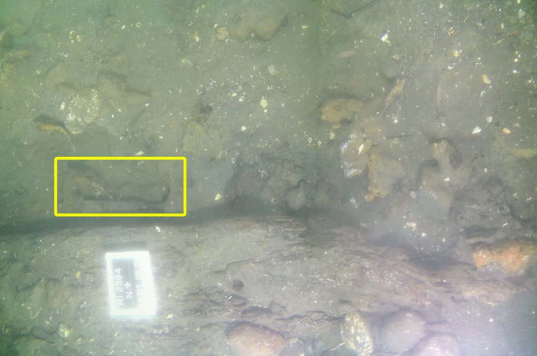ARTICLE AD BOX
The remains of captain Cook’s ship, HMS Endeavour, has been located off the US coast after sinking 250 years ago.
Between 1768 and 1771, the ship became the first European vessel to reach eastern Australia. It was then sold and renamed the Lord Sandwich before sinking off the US coast during the American War of Independence in 1778.
For centuries the ship was lost, but now the wreck has been found in Newport Harbour, Rhode Island.
The finding was announced in a new report by the Australian National Maritime Museum (ANMM) and experts have identified the wreck as RI 2394.
Daryl Karp, Museum director explained the findings in the report are the result of 25 years of archaeological research and underwater investigations.
![Edward Fage, [Newport and its environs, ca. 1778], William L. Clements Library, University of Michigan, 8380. Note ‘Sunken Ships’ indicated due west of North Battery (circled)](https://static.independent.co.uk/2025/06/17/7/38/Screenshot-2025-06-17-at-08-44-33.png)
The shipwreck was compared to historic plans for Cook’s ship revealing measurements aligned with those taken of a 1768 survey.
Kieran Hosty, ANMM archaeologist, who co-wrote the report, said: “The timbers are British timbers. The size of all the timber scantlings are almost identical to Endeavour, and I’m talking within millimetres - not inches, but millimetres.
“The stem scarf is identical, absolutely identical. This stem scarf is also a very unique feature - we’ve gone through a whole bunch of 18th-century ship’s plans, and we can’t find anything else like it.”
The ship was used for British troop transport and a prison ship in the American War of Independence. In this time, it was renamed Lord Sandwich.
When American and French besieged Newport Harbour the ship was one of 13 vessels deliberately sunk to act as a submerged blockage. It was never salvaged and remained sank.

Archaeologist James Hunter, co-author of the report, explained that it was unlikely they would find artefacts that would provide an immediate identification. Anything that was of value would have been taken out of the ship before it sank.
However, everything experts have found so far is indicative of the 18th century.
The finding comes after a preliminary report in 2022, identified the same wreck as the HMS Endeavour. But it was met with criticism by the museum’s research partners, the Rhode Island Marine Archaeology Project (RIMAP) who said the finding was “premature” and a “breach of contract”, claiming that it was the lead organisation for the study, The Telegraph reported.
In a statement, ANMM said it was not ruling out other candidate shipwreck sites.









 English (US) ·
English (US) ·